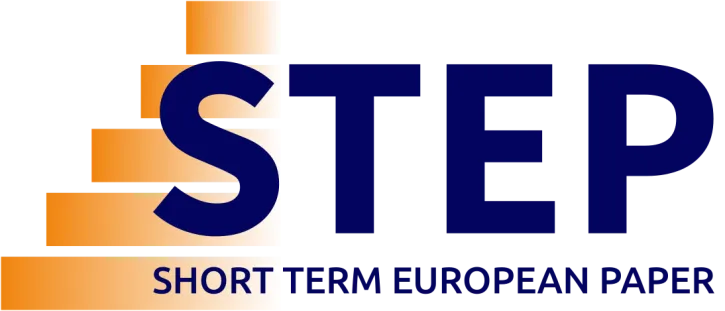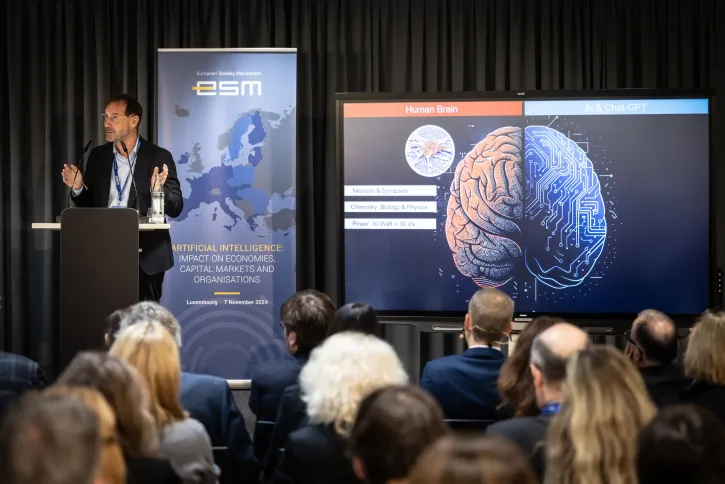Preparedness key to economic resilience
Long-standing global economic relationships have begun to erode, weighing on growth, limiting governments’ financial flexibility, and posing risks for financial stability. Europe’s future prosperity hinges on navigating the more fragmented world economy, building resilience against climate change, and contending with the social impact of ageing populations. Europe can face these challenges and bolster its capacity to absorb shocks by deepening the single market – including capital and banking markets – and engaging more in ambitious European projects for sustainable growth. In this new era, the ESM has taken steps to maintain its readiness to support the euro area and its members amid changing circumstances. The ESM undertook a comprehensive review of its toolkit and updated its risk assessment framework in order to anticipate and address the threats to financial stability posed by today’s challenges.











